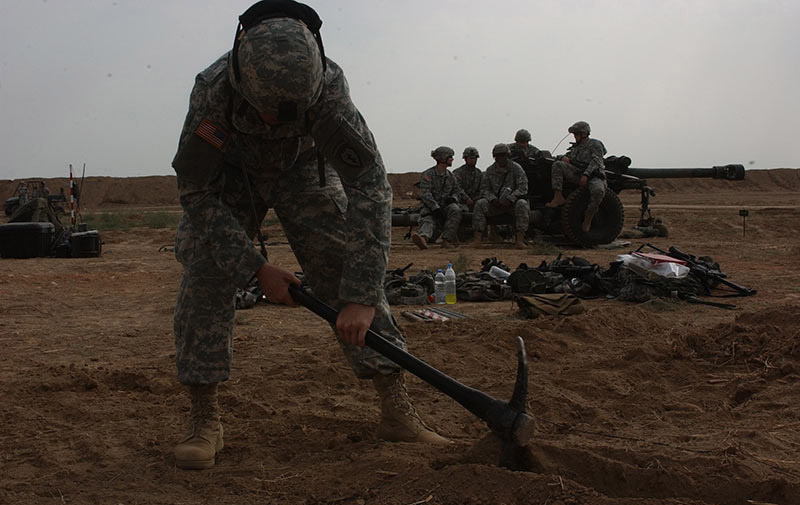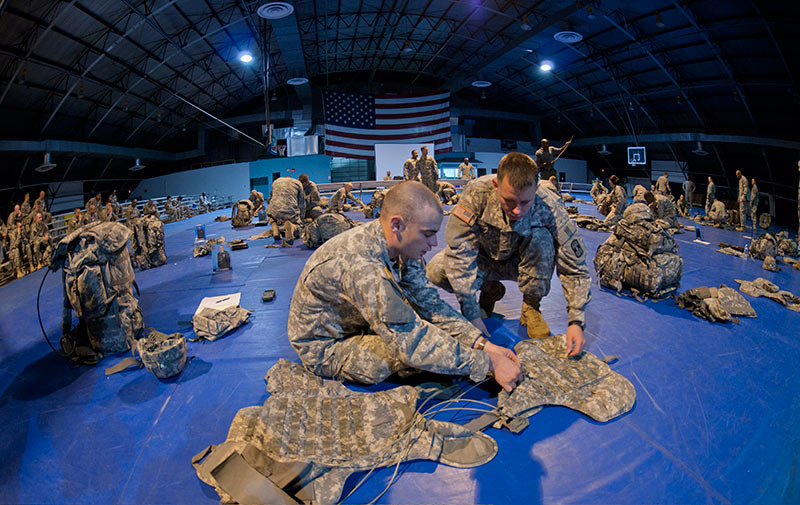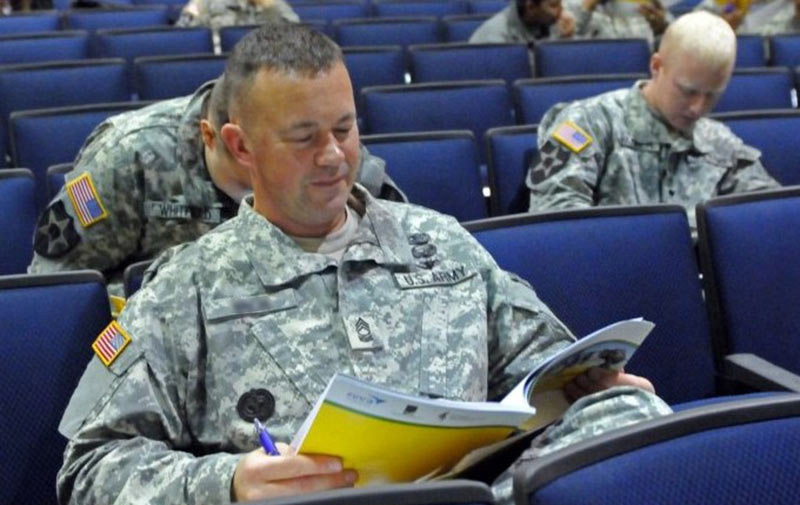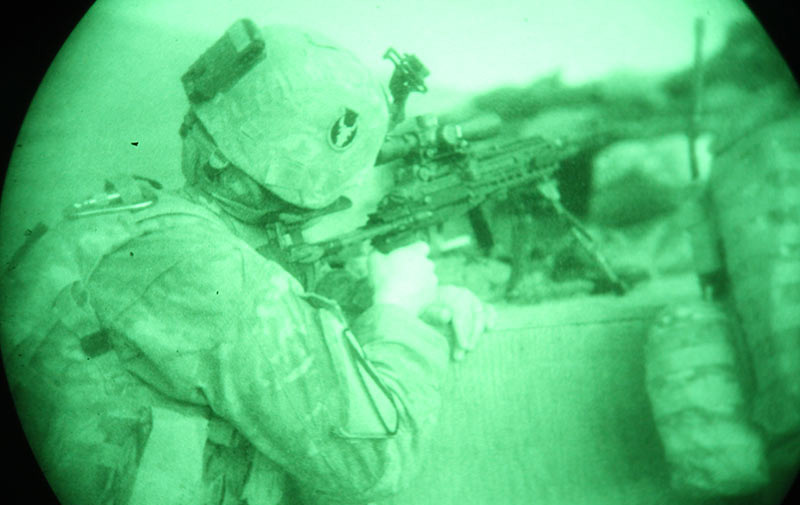Recognizing Responses to Change
Soldiers’ responses to change can be grouped into four categories: entrenched, overwhelmed, learning, and assertive. You should learn to recognize these responses so that you can tailor your support and guidance for the individual.
Entrenched

Entrenched individuals have a low level of comfort with change. These individuals deal with change by trying to ride it out and not engage in the change personally, even though they have the skills to deal with change. Entrenched individuals may be angry, frustrated, anxious, confused, and even feel threatened by the change. However, they may have a much higher capacity for change than they realize.
Entrenched individuals may do several things in the face of change, such as:
- Acknowledge the need for an overall change but resist changing their own behavior.
- Continue to exhibit old behaviors.
- Work harder at previously successful behaviors instead of learning new ones.
Overwhelmed

Individuals who are overwhelmed by change have both a low comfort and capacity for change. They’ll feel depressed and powerless. They may seem unhappy, depressed, frustrated, or anxious in times of change as if they’re unable to see how change affects them or how they can adapt.
Overwhelmed individuals will:
- Avoid confronting the issue that they need to change or adapt.
- Block out any stressful changes.
Learning

This is the most positive and preferable response to change. Individuals learning from change have a high comfort and capacity for change. They’ll express a high level of confidence about handling change and are eager to move on. However, learners may self-promote and seem confident but lack a high degree of competence and self-awareness. Learning individuals may be anxious about a transition but be open to the possibilities and eager for new challenges.
You can identify learning individuals because they may:
- Act positively toward change but are not unrealistically optimistic.
- Accept ambiguity as a challenge.
Assertive

Individuals who are assertive in the face of change have a high degree of comfort with change but low capacity for it. They feel challenged and stretched by change, and react positively and actively seek out opportunities in difficult situations. However, they display a sense of false bravado and rush into action without taking the time to fully learn new skills. Given their energy level, assertive individuals may be so anxious to complete a transition that they burn out before the transition is complete.
You can identify assertive individuals because they may:
- Press for quick solutions to problems.
- Act aggressively.